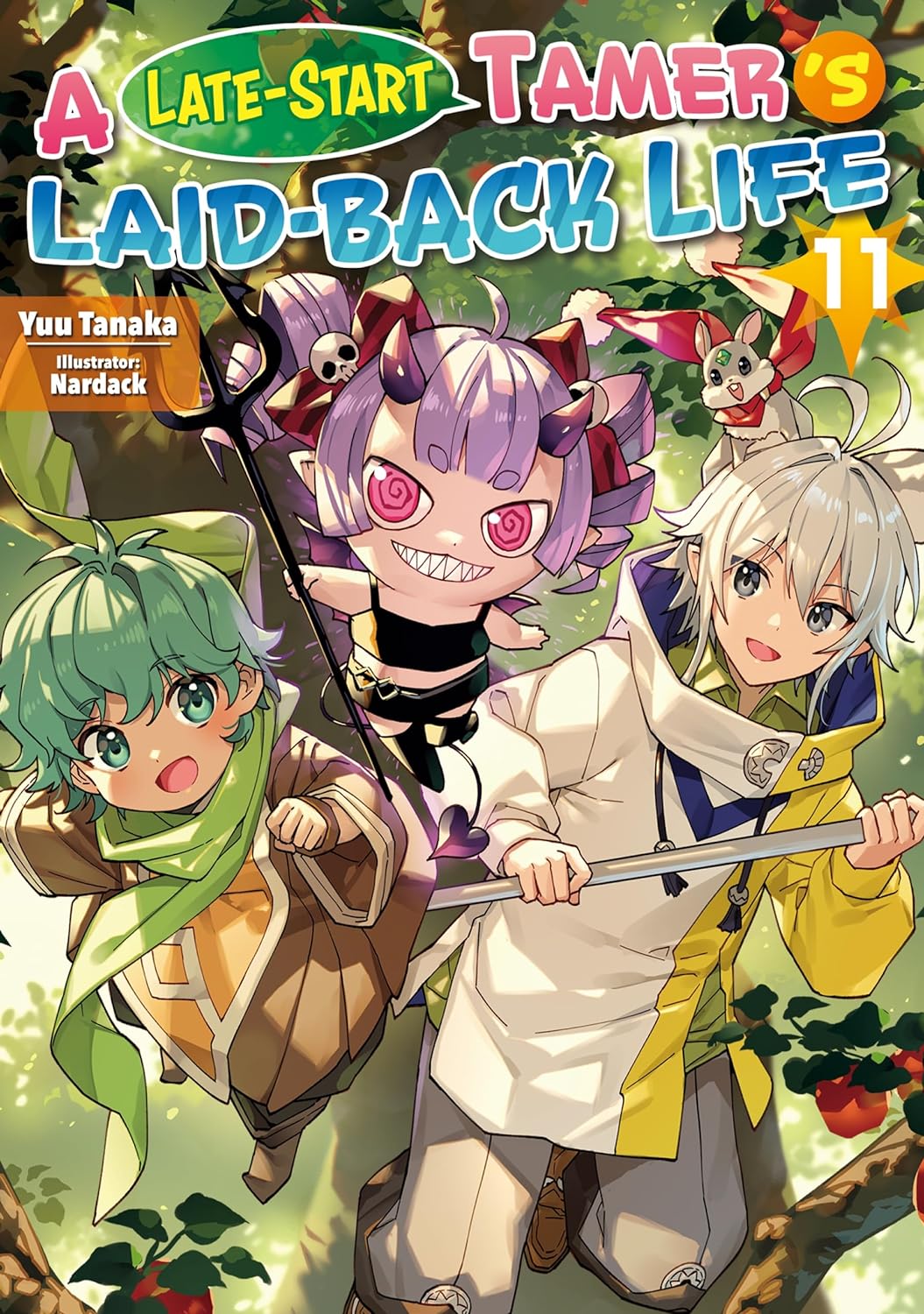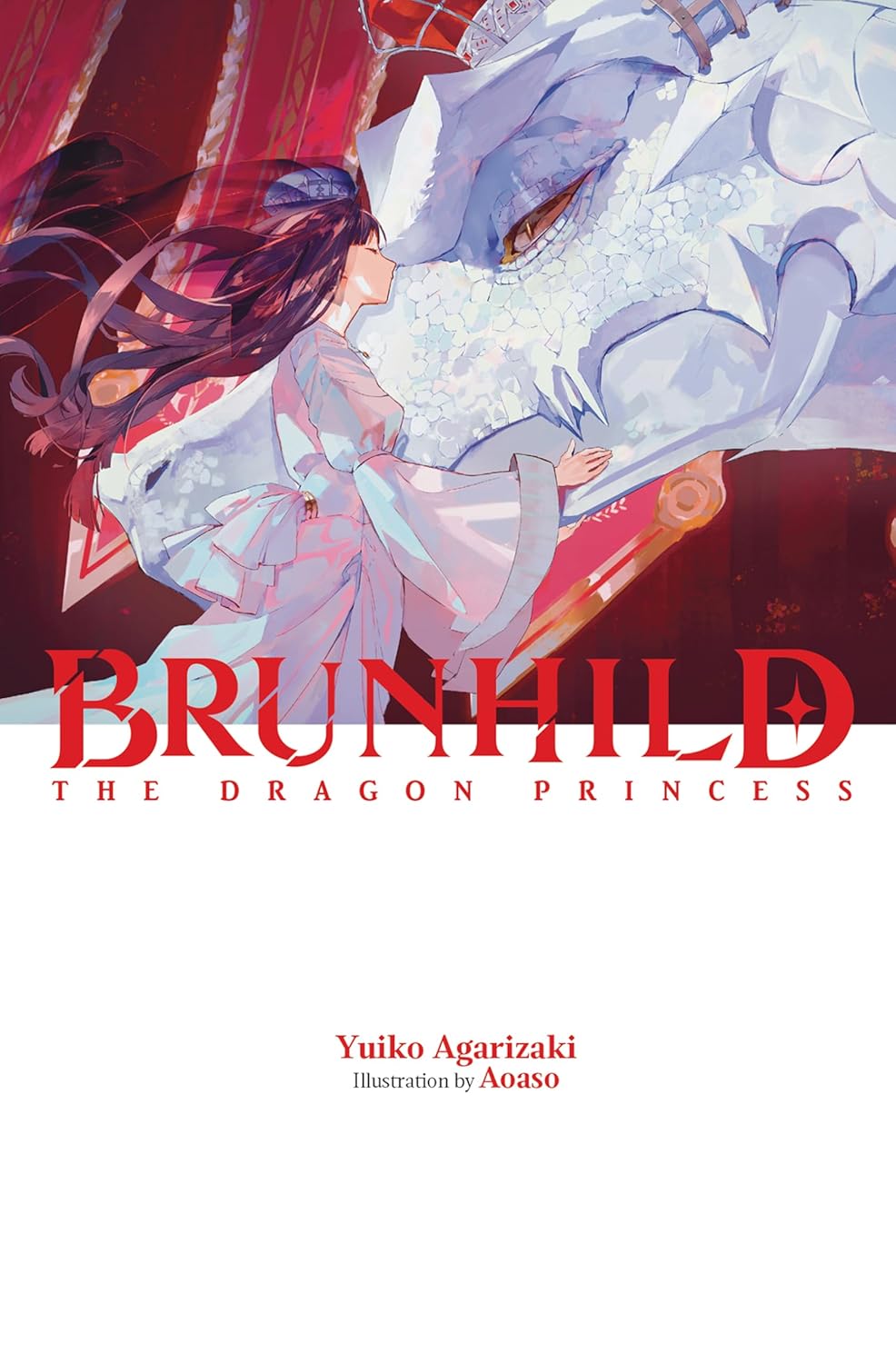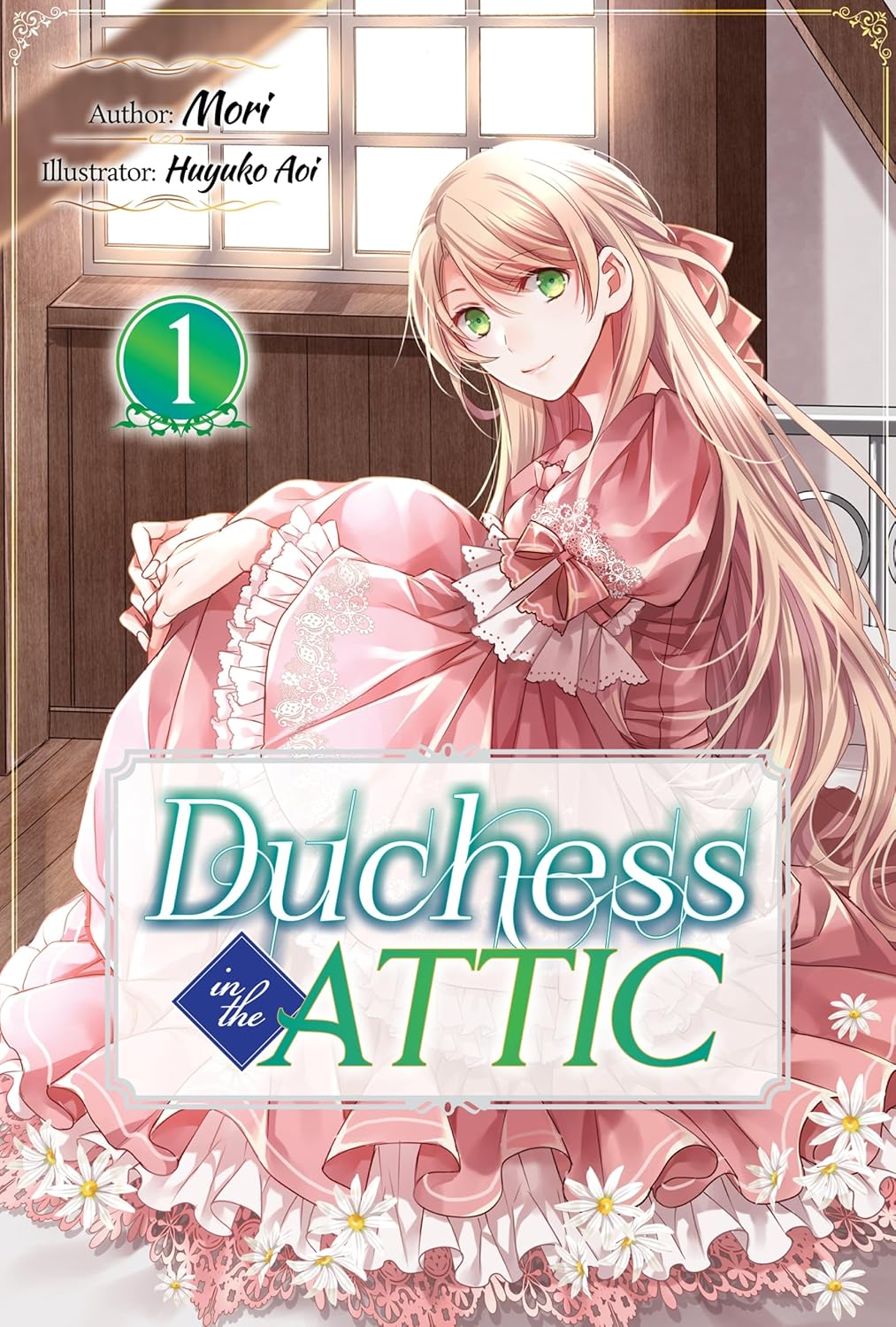By Yuu Tanaka and Nardack. Released in Japan as “Deokure Tamer no Sono Higurashi” by GC Novels. Released in North America by J-Novel Club. Translated by A.M. Cola.
I’ve mostly given up on trying to make sure these reviews don’t repeat themselves. I can manage it with books where the plot is “awkward teens in love” or “Guy with a +2 Sword of Awesome and His Catgirl Maid Harem”, but this is one of those slow life books that genuinely IS a slow life book, and it doesn’t even have the decency of being a reincarnation or an isekai. This is a game, and the only reason we know that the series will eventually end is that Yuno took two weeks off his job just to play it all the time, and eventually those two weeks are gonna end and he will presumably go back to being a salaryman. The goal here is to find new awesome things to use in the game and cute things to gawk at in the game. Well, that and to rubberneck as Yuno ends up doing ridiculous bullshit without realizing it. Let’s face it, most light novels have the reader imagine they’re the hero. We can’t even. We’re one of the schlubs gushing about the hero.
Yes, that’s a new tamed monster on the cover. After leveling up the bit of the sacred tree that he planted at his farm, he finds it summons a demon… a demon who is immediately, and really easily, tamed. She’s called (of course) Lilith, and she’s just as goofy as she looks, but she also helps Yuno with some fairly useful skills. He also manages to figure out a really obscure way of evolving his olive treant, who now becomes another wood nymph, which is to say a cute… well, a cute non-binary child. (There is a literal debate about Olea’s gender on the series’ equivalent of Reddit.) He manages to traumatize Alyssa even more just by telling her about the completely ordinary things that he’s done, which of course are anything but. And he has five of his tamed monsters create things to put up for an auction… not realizing that they will sell for ludicrous amounts to fans of Yuno and his crew.
There is a cliche in light novels that all a romantic lead has to do is be nice to a girl once and she will immediately fall madly in love with him. Here, in a series with no romance at all, we see how it actually works when you have a genuinely nice, selfless hero. At one point Yuno triggers an event where he’s thanked by the Gnome Chief for being so good to Olto, and that they should help each other grow. No one else got this event ending, and we find that’s because no one has raised the affection level of their tamed anything more than Yuno has. And he does this by involving everyone in his daily life, helping them when they need it, helping them fight, and caring about their opinions more than his own (except when they try to dress him in tacky yukatas). He cares about his tamed monsters and sees them as a family, not as cute NPCs, not as pets, and not as glorified fetishes. It makes a difference.
So yeah, still enjoying this series that is nothing but watching a guy game real good the only way he knows how.



